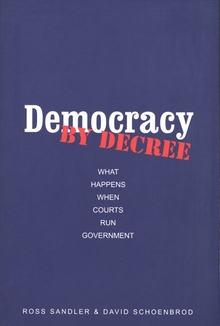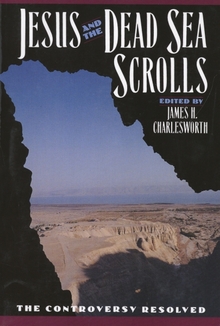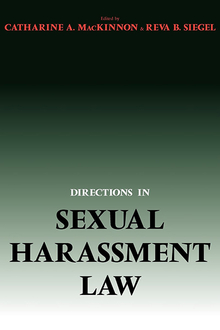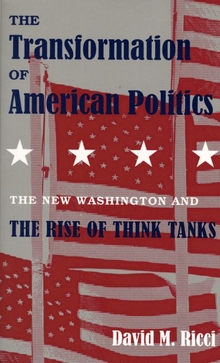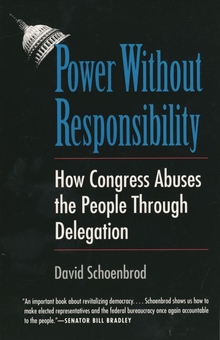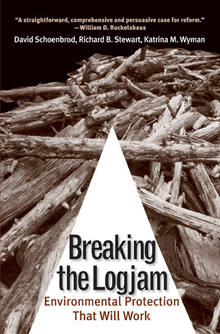Democracy by Decree
WARNING
You are viewing an older version of the Yalebooks website. Please visit out new website with more updated information and a better user experience: https://www.yalebooks.com
What Happens When Courts Run Government
Ross Sandler and David Schoenbrod
Schools, welfare agencies, and a wide variety of other state and local institutions of vital importance to citizens are actually controlled by attorneys and judges rather than governors and mayors. In this valuable book, Ross Sandler and David Schoenbrod explain how this has come to pass, why it has resulted in service to the public that is worse, not better, and what can be done to restore control of these programs to democratically elected—and accountable—officials.
Sandler and Schoenbrod tell how the courts, with the best intentions and often with the approval of elected officials, came to control ordinary policy making through court decrees. These court regimes, they assert, impose rigid and often ancient detailed plans that can founder on reality. Newly elected officials, who may wish to alter the plans in response to the changing wishes of voters, cannot do so unless attorneys, court-appointed functionaries, and lower-echelon officials agree. The result is neither judicial government nor good government, say Sandler and Schoenbrod, and they offer practical reforms that would set governments free from this judicial stranglehold, allow courts to do their legitimate job of protecting rights, and strengthen democracy.
Ross Sandler is professor of law and director of New York Law School’s Center for New York City Law. David Schoenbrod is a professor at New York Law School and author of Power Without Responsibility: How Congress Abuses the People through Delegation, published by Yale University Press.
A selection of the Eagle Book Club
“Sandler and Schoenbrod . . . have written one of the best books yet published on the problem of judicial usurpation of political power and what to do about it. . . . They have written a superb exposé of the phenomenon known as ‘institutional reform litigation.’ . . . They also write wonderfully, with a plain-spoken elegance and clarity that make the book accessible to interested citizens with no legal training. . . . And if it is not used as a teaching text in every law school in America, that will be a great pity.”—Matthew J. Franck, Claremont Review of Books
“Structural reform litigation is alive and well in institutions ranging from higher and elementary education to prisons to enforcement of claims of Americans with disabilities. Sandler and Schoenbrod’s provocative analysis can guide courts as they endeavor to both protect legitimate rights and preserve democratic values.”—David I. Levine, Professor or Law, University of California, Hastings College of Law
“Interesting and informative. . . . Among the many strengths of Democracy by Decree is a clear, jargon-free style that makes it suitable reading for those with no background in public law.”—John A. Rohr, Public Administration Review
“Sandler and Schoenbrod should be commended for seeking solutions and for giving scholars, lawyers, and judges something substantial to chew on. . . . Democracy by Decree is an interesting, informative, and well-written book.”—Susan Poser, Michigan Law Review
“In 2003 two professors at the New York Law School, Ross Sandler and David Schoenbrod, published, Democracy by Decree, perhaps one of this decade’s most important books on governance. They explain how federal standards are attached to federal money by Congress heroically transmuting aspirations into rights-enforceable claims.”—George Will, Newsweek
Publication Date: August 11, 2004
10 b/w illus.

